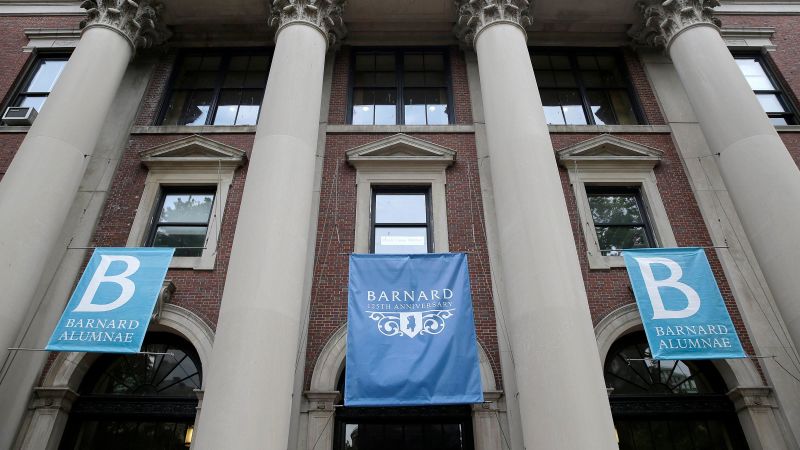Top private equity firms are scouring the country to unearth cash-rich regional food brands with healthy balance sheets that offer good growth potential, industry experts told . The objective: discover the next Haldiram. The Nagpur-based snacks maker roped in Alpha Wave Global and Temasek Holdings as investors last month, valuing the company at around $10 billion.
According to Pritha Jha, co-founder of Pioneer Legal, a law firm that has helped food brands raise capital, a lot of investment activity in consumer food brands is happening in places like Nashik, Jaipur and Udaipur. “For a category like snacks, there is immense scope for scalability," said Jha, adding that sometimes when the next generation doesn’t want to take the family business forward, PE firms get more interested. Further, several snack brands offer authentic taste patterns specific to particular regions, which allows them to distinguish themselves to private equity, Jha said.

Apart from Haldiram, recent investments in consumer food brands include Motilal Oswal’s 330-crore investment in Bengaluru-based ready-to-eat sweets company Lal Sweets for a 25% stake in August 2024. Sixth Sense Ventures bought A91 Partners’ stake in Indore-based spice brand Pushp in December 2023 through a 100-crore deal. And Jashvik Capital bought a minority stake in Bharuch, Gujarat-based snacks firm Jabson’s Foods in December 2022.
| The interest is reflected in the skyrocketing numbers. Per data from Venture Intelligence, food brands have raised a record $1.68 billion across 14 deals in 2025 so far (including Haldiram).
Comparatively, all of 2024 saw $507 million being raised from 39 transactions; and 2023 saw just $141 million raised across 21 deals. Growth drivers Much of this growth has been bolstered by the advent of e-commerce and quick commerce that has democratized distribution, DC Advisory’s director Saurabh Maheshwari said. It also helps that most of the food brands generate a lot of cash and are largely profitable.
“Such deals have become more prominent as investors are prioritizing unit economics now more than ever," Maheshwari said. “These brands are typically run by founders who have their cost structures in place and are geared for profitability, so it bodes well for investors too." Further, for brands that have taken time to achieve considerable scale, a resilient business model through an in-house distribution infrastructure has enabled them to be profitable for long, said Anand Ramanathan, partner at Deloitte India.
“The entry barriers are, therefore, very high for other food brands," Ramanathan pointed out. “That, coupled with segments like ready-to-cook formulations in the portfolio, which are in high demand, make them an attractive proposition for investors." | The opportunity to scale has become more pronounced with more than 100 million households stepping into the middle-income category, according to Ramanathan.
“Investors understand the untapped opportunity and that some of these brands can become very big," he said. India’s food services market, valued at $80 billion in 2024, is set to grow at a CAGR of 10-11% through 2030, with the organized sector driving this expansion, according to a report published by Redseer Strategy Consultants in January. The scale-up challenge This is not the first time, however, that PE firms have looked at scaling up regional brands.
Sequoia Capital first invested in Prataap Snacks in 2011, a company it then took public and then sold to Authum Investment and Mahi Madhusudan Kela in 2024. Lighthouse Funds acquired a 12.5% stake in Bikaji Foods in 2014.
Similarly, Advent International acquired Crax-maker DFM Foods in 2019. However, several of these brands continue to remain regional in nature because of ongoing challenges. Bikaji Foods has deep market presence in Rajasthan, Bihar and Assam, but it is susceptible to market risks while expanding beyond these core regions as it faces competition from other local manufacturers as well as established participants, credit rating agency said in March 2024.
This, coupled with differences in tastes and consumer preferences across geographies, could translate to high selling expenses to maintain presence, the report added. Similarly, Prataap Snacks is also exposed to intense competition from other players, an Icra report from June 2024 said. | Gopal Snacks, backed by several domestic investors, which mainly operates in the Gujarati namkeen segment, also faces direct competition from other well-known retailers such as Everest Namkeen, Real Namkeen, and Balaji wafers.
While the management has taken steps to widen geographic reach, it continues to draw about 70% of the revenue from Gujarat, another credit rating agency Crisil said last year. Meanwhile, New Delhi-based DFM Foods has seen significant delay to ramp-up operations and cash generation by the management, resulting in lower-than-anticipated revenue and profitability, Care Ratings said in an October report..
Business

Private equity eyes fresh bite of regional food brands, repeat of Haldiram

In 2025, food brands in India raised a record amount of capital at $1.68 billion across 14 deals so far. This was led by Haldiram’s, which was one of the notable transactions this year.















